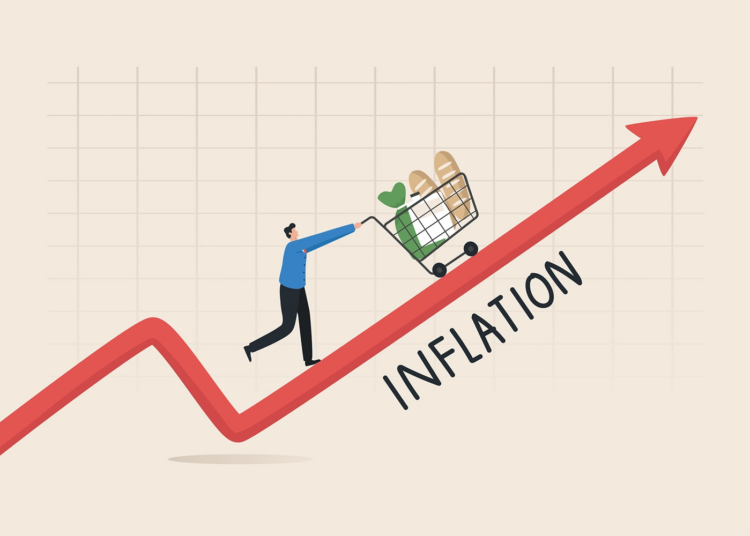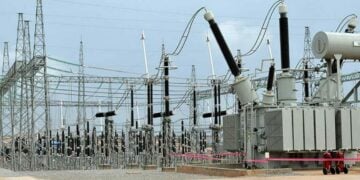The Institute of Chartered Secretaries and Administrators of Nigeria (ICSAN) has tasked the Central Bank of Nigeria (CBN) to look beyond the orthodox method deployed in tackling inflation, saying, it is not working for the country.
Inflation rate reached a record high of 22.7 per cent, with an impact on pricing and purchasing power of consumers, while the CBN has used its instrument, the Monetary Policy Rate (MPR), to control it with no real impact.
Speaking to the newsmen, the president of ICSAN, Mrs. Funmi Ekundayo, is of the opinion that the strategy the apex bank is using is not working for the country.
Ekundayo explained that, over time, the government, in trying to control inflation, increases the general interest rate, and that, “of course, from what the textbook tells us, that ordinarily should have had an impact on reducing inflation, but what do we see? Has it yielded any impact? The answer is no.”
She said, government should look beyond the management of interest rates to curb inflation because there are so many areas it can look into to make the economy more efficient.
“There is a need for the government to increase real investment in infrastructure and also try to reduce leakages in the system because, at the end of the day, when you look at the cost of governance, all of these have a direct impact on growth and the ability of the government to invest.”
She also thinks that CBN’s economic policy should take cognisance of our peculiarities.
To her, “Situations and what work for us as a country should be looked into because the general belief is that when you increase interest rates, it will incentivise savings, make people borrow less, and perhaps reduce spending so that inflation can be reduced.
“Alas, we are seeing it working against us in both ways. So the government, through the CBN, should continuously assess policy with the view to checking if the policy is achieving the objectives for which it’s being carried out, and if not, we should not shy away from rejigging and tweaking as it may be required so it works for us.”
Ekundayo also stressed the high debt profile of the country, which she believes is an issue. Recently, the Debt Management Office (DMO) of Nigeria revealed that the country’s debt service to revenue ratio in 2023 is about 73.5 per cent, which is clearly above the 50 per cent threshold.
“There is no gain in saying that the servicing of the external debt has been a huge burden on the government. And the current position of our external debt is not healthy for the economy, and this has been a challenge because debt in itself is not a bad thing; however, the utilisation of that debt is what is key.
“I think the time for the government to start looking outside and beyond oil revenue is now. We need to diversify, and we cannot overemphasise that. So we are advocating that, in a bid to reduce the huge debt burden, the government should diversify its revenue generation potential.
“We know we have a huge population, and the infrastructure needs to be enhanced. But if the debt is not channelled in the right direction, we will just be taking that debt for sake, and at the end of it, you still need to pay that debt, and yet you cannot find any income that can translate into revenue for the government.
“So the way out for the government is that they should begin to utilise more of the private-public Partnership (PPP) to address the infrastructural gap. When the private sector funds the infrastructure project, this will reduce the capital required under the budget to fund such a project. It will also free up some funds to use for other things and help the government’s deficit budget.
“The government should focus on sectors like agriculture and tourism because those are the sectors that can give us resultant revenue at the end of the day. It is also important to empower the young population as well, and if we can boost domestic economic activities, then we can say there will be resultant revenue to be generated by the government,” said Ekundayo.





